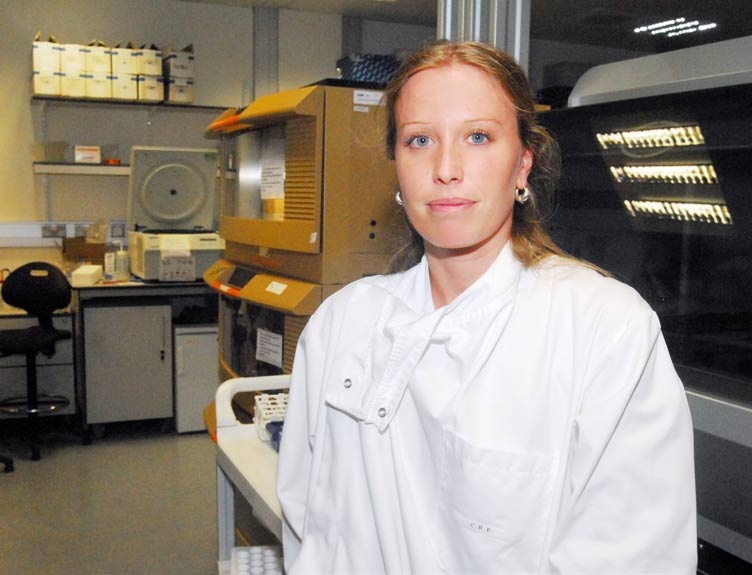SPUR mini-symposium and prize-giving ceremony takes place at RCSI

This year’s programme in Undergraduate Research (SPUR) mini-symposium and prize-giving ceremony took place today at RCSI.
Sixteen students from universities around the world presented the results of their 10-week biomedical research projects. The projects, covering the fields of neuroscience, immunology, pharmacology and cancer biology were carried out at RCSI under Science Foundation Ireland (SFI)’s Undergraduate Research Experience and Knowledge Award (UREKA/SPUR) programme.
UREKA/SPUR is a summer research scheme awarded to RCSI in 2005 and directed by Professor Jochen Prehn, Head of Physiology and Medical Physics at RCSI. Over the past three years, the funding has established sixteen annual summer research opportunities, which completes its current cycle this August.
This year’s students, selected from RCSI, Irish and international universities (including Oxford, McGill and Marseille) have joined the variety of research groups at RCSI investigating the mechanisms underlying human disease and its treatment. Whilst being directly involved with the innovative research currently underway at RCSI, the programme is also structured to develop the student’s skill away from the bench in areas such as scientific presentation and writing, the ability to critique scientific literature and gain appreciation of the role of the scientist in society.
Dr Matthew King, co-ordinator of this year’s research programme, commented, “SPUR at RCSI is an ideal opportunity for undergraduate scientists to experience first-hand the nature of world-class research directed towards the treatment of human disease. It also returns the added benefit of increasing awareness amongst budding scientists to RCSI as an internationally competitive research institute.”
Participating in SPUR 2008, Chi-Nan Chen (McGill University, Canada) added, “The SPUR program allowed me to conduct PhD-level research in the field of drug delivery using nanotechnology and taught me independent study and creativity, two abilities that students don't always develop to their full potential in the classroom.”



